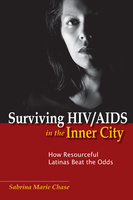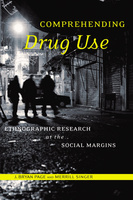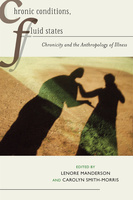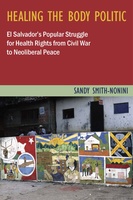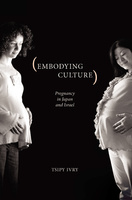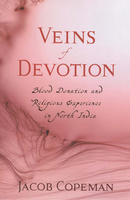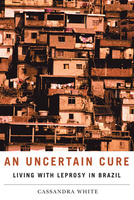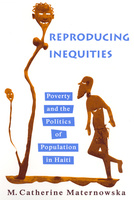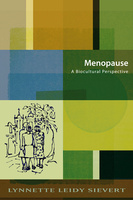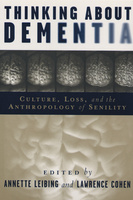Surviving HIV/AIDS in the Inner City
How Resourceful Latinas Beat the Odds
Sleep Paralysis
Night-mares, Nocebos, and the Mind-Body Connection
Obesity
Cultural and Biocultural Perspectives
Obesity
Cultural and Biocultural Perspectives
Comprehending Drug Use
Ethnographic Research at the Social Margins
Chronic Conditions, Fluid States
Chronicity and the Anthropology of Illness
Healing the Body Politic
El Salvador's Popular Struggle for Health Rights from Civil War to Neoliberal Peace
Your Pocket Is What Cures You
The Politics of Health in Senegal
While offering a critique of neoliberal health policies, Your Pocket Is What Cures You remains grounded in ethnography to highlight the struggles of men and women who are precariously balanced on twin precipices of crumbling health systems and economic decline. Their stories demonstrate what happens when market-based health reforms collide with material, political, and social realities in African societies.
Abject Relations
Everyday Worlds of Anorexia
Embodying Culture
Pregnancy in Japan and Israel
With Shaking Hands
Aging with Parkinson's Disease in America's Heartland
Veins of Devotion
Blood Donation and Religious Experience in North India
An Uncertain Cure
Living with Leprosy in Brazil
Revisiting Race in a Genomic Age
Essays explore a range of topics that include drug development and the production of race-based therapeutics, the ways in which genetics could contribute to future health disparities, the social implications of ancestry mapping, and the impact of emerging race and genetics research on public policy and the media.
The Public Life of the Fetal Sonogram
Technology, Consumption, and the Politics of Reproduction
Reproducing Inequities
Poverty and the Politics of Population in Haiti
Menopause
A Biocultural Perspective
Thinking About Dementia
Culture, Loss, and the Anthropology of Senility
Bringing together essays by nineteen respected scholars, this volume approaches dementia from a variety of angles, exploring its historical, psychological, and philosophical implications. The authors employ a cross-cultural perspective that is based on ethnographic fieldwork and focuses on questions of age, mind, voice, self, loss, temporality, memory, and affect.
Taken together, the essays make four important and interrelated contributions to our understanding of the mental status of the elderly. First, cross-cultural data show that the aging process, while biologically influenced, is also culturally constructed. Second, ethnographic reports raise questions about the diagnostic criteria used for defining the elderly as demented. Third, case studies show how a diagnosis affects a patient's treatment in both clinical and familial settings. Finally, the collection highlights the gap that separates current biological understandings of aging from its cultural meanings.

